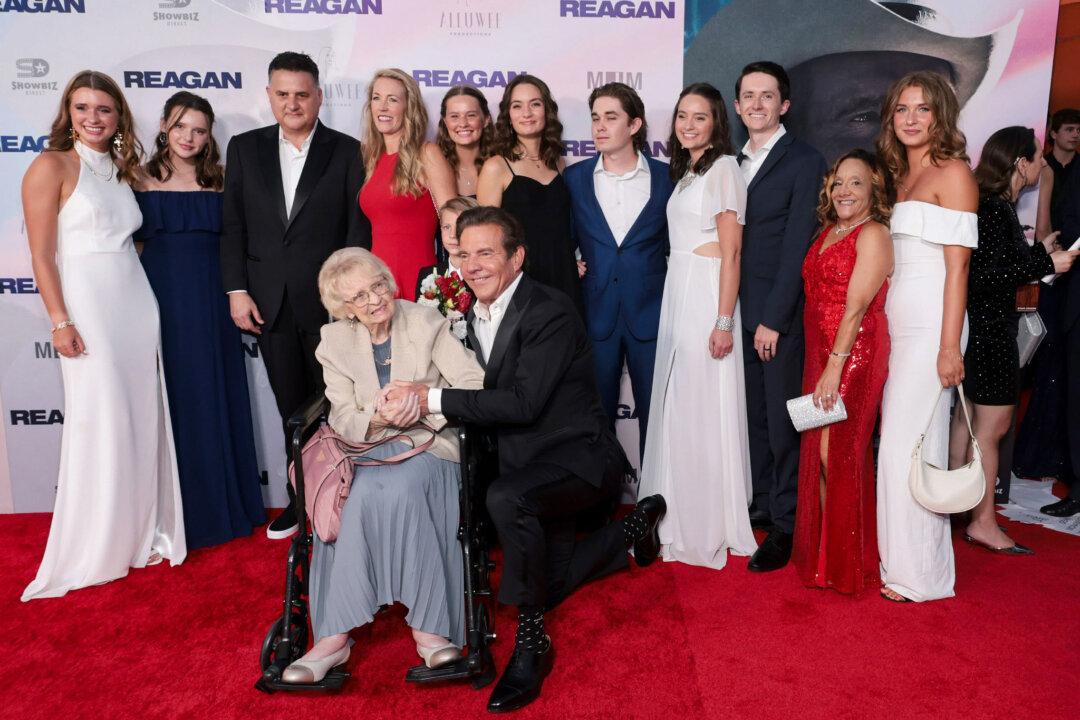She underscored the urgent need for ethical guidelines to safeguard against potential misuse. Expressing concern over AI’s capacity to deceive, Ms. Crow advocated for robust measures to protect individuals’ voices and identities from exploitation for personal gain.
“I’m hopeful that AI will help us solve many of the world’s problems and ease suffering, but we need ethical boundaries in place to help ensure that. Congress needs to act now, and we need to be diligent,” she wrote.
Beyond mere financial implications, she underscored the moral imperative of preserving authenticity and preventing deceptive practices facilitated by AI. Urging collective action, Ms. Crow implored individuals to advocate for legislative safeguards, particularly in the realm of music, to defend the integrity of creative expression.
Demanding accountability, Ms. Crow wrote, “We should demand this. AI will impact everyone’s lives — songwriters, truck drivers, school teachers, everyone. I’m hopeful that AI will help us solve many of the world’s problems and ease suffering, but we need ethical boundaries in place to help ensure that. Congress needs to act now, and we need to be diligent.”
Notably, AI’s encroachment into the entertainment industry is highlighted, with instances such as the posthumous resurrection of Tupac Shakur’s voice and the emergence of AI-generated pop stars underscoring the need for proactive intervention. The growing chorus of voices, including figures like Lainey Wilson, James Cameron, and Jon Stewart, amplifies concerns about AI’s disruptive potential and the imperative of preemptive action to mitigate its adverse effects on employment and creativity.
In March, a hearing was conducted by GOP Oversight and the Subcommittee on Cyber Security Information Technology And Government Innovation titled “White House Overreach on AI” where experts and lawmakers discussed concerns relating to the Biden administration’s executive order on AI. The discussion centered around the regulation and development in the rapidly developing field of AI. In October 2023, President Joe Biden signed an executive order to address the promise and risks of AI. The order promises rigorous standards, tools, and tests to ensure AI systems are safe and secure.
Following this, in April, two hearings were held by the Senate Committee on the Judiciary on AI deepfakes and unauthorized digital replicas.
Additionally, in 2023 the Senate Judiciary Committee held a hearing on the regulation of artificial technology regulation, chaired by Sen. Richard Blumenthal (D-N.Y.) for the Subcommittee on Privacy, Technology, and the Law. The senator commenced the hearing with an auto-cloned statement generated by ChatGPT to demonstrate risks associated with the technology.
Meanwhile, Sen. Amy Klobuchour (D-Minn.), will chair a hearing on the Protect Elections from Deceptive AI Act on May 15.







